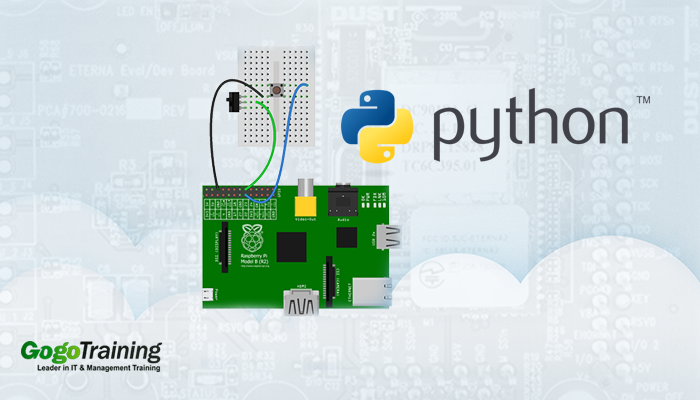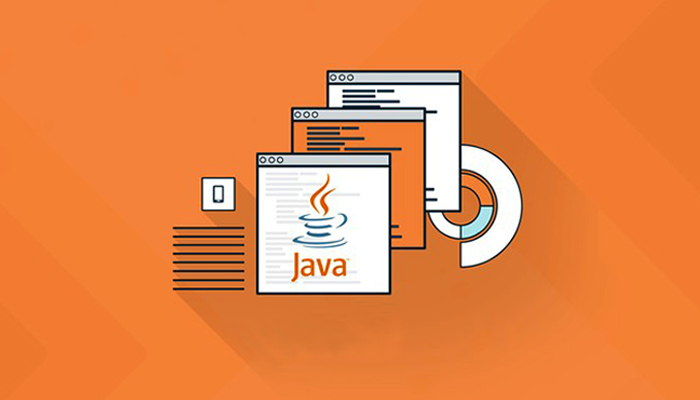Energy efficiency is the basic requirement to ensure optimum functionality of a Data Center. Certain practices to monitor energy consumption and avoiding energy wastage are the secrets of running a successful data center facility. The top ten have been discussed as follows.
- Supplemental Load Reduction
The secondary load contributors in a data center are supplemental load resources. The supplemental load can be reduced by following methods like reducing the energy use of equipments and upgrading the building’s roofing and insulation.
- Lighting
Maintain the lighting to the level required in the center. Upgrade the center’s system with energy efficient light sources which consume less power.
- Industrial Refrigeration
The industrial refrigeration system if used in data centers can be beneficial as it won’t allow the systems to overheat. Along with ensuring data safety, this system reduces energy and operation costs.
- Restructure the Air Distribution System
It has been found that oversized fans consume a least 10 percent more power. The center’s air distribution system should be equipped the right sized fans that consume lesser power.
- Supply Air Control
The supply air control system requires additional supply air temperature sensors as the air conditioners don’t come equipped with these. This system thus regulates and monitors the temperature of the air being supplied. This implementation is much faster and efficient than other traditional systems.
- Variable Speed Fan Drives
Power consumption by a fan is high and is a function of a cube of the fan’s speed. Retrofitting any constant speed cooling fan to variable speeds or by replacing legacy units with new units with built in variable speed capability can reduce power consumption and increase efficiency.
- Retro Commissioning
Commissioning ensures that computer systems are designed, installed and their functionalities and capabilities are tested in accordance to the data center’s operational needs. Retro commissioning is a similar process of system reviewing alignment and optimization but this process takes place at a later point of the center’s life cycle. It ensures recalibrating the systems to perform more efficiently, thus saving power.
- Heating and Cooling Equipment Upgrades
Certain heating and cooling systems consume more power than required. It is always wise to choose the right kind of equipments which are not oversized, are energy efficient and do not consume more power than required.
- Increase Chilled Water Temperature
One of the largest power consumers in a data center is a chilled water system. Increasing the temperature of the chilled water system by raising the air handler temperature set point can help to reduce energy consumption.
- Pumping Systems
Pumping actions like replacing throttling valves with speed controls, reducing speed for fixed load, installing a parallel system for high variable loads and replacing motor or a pump with a more efficient model all come with energy savings from 10 to 60 percent.












